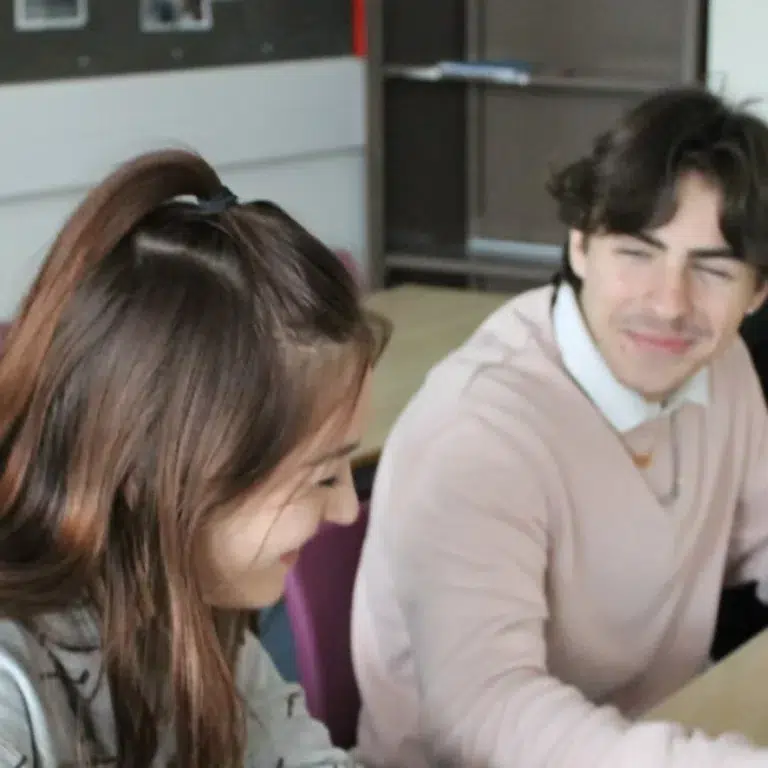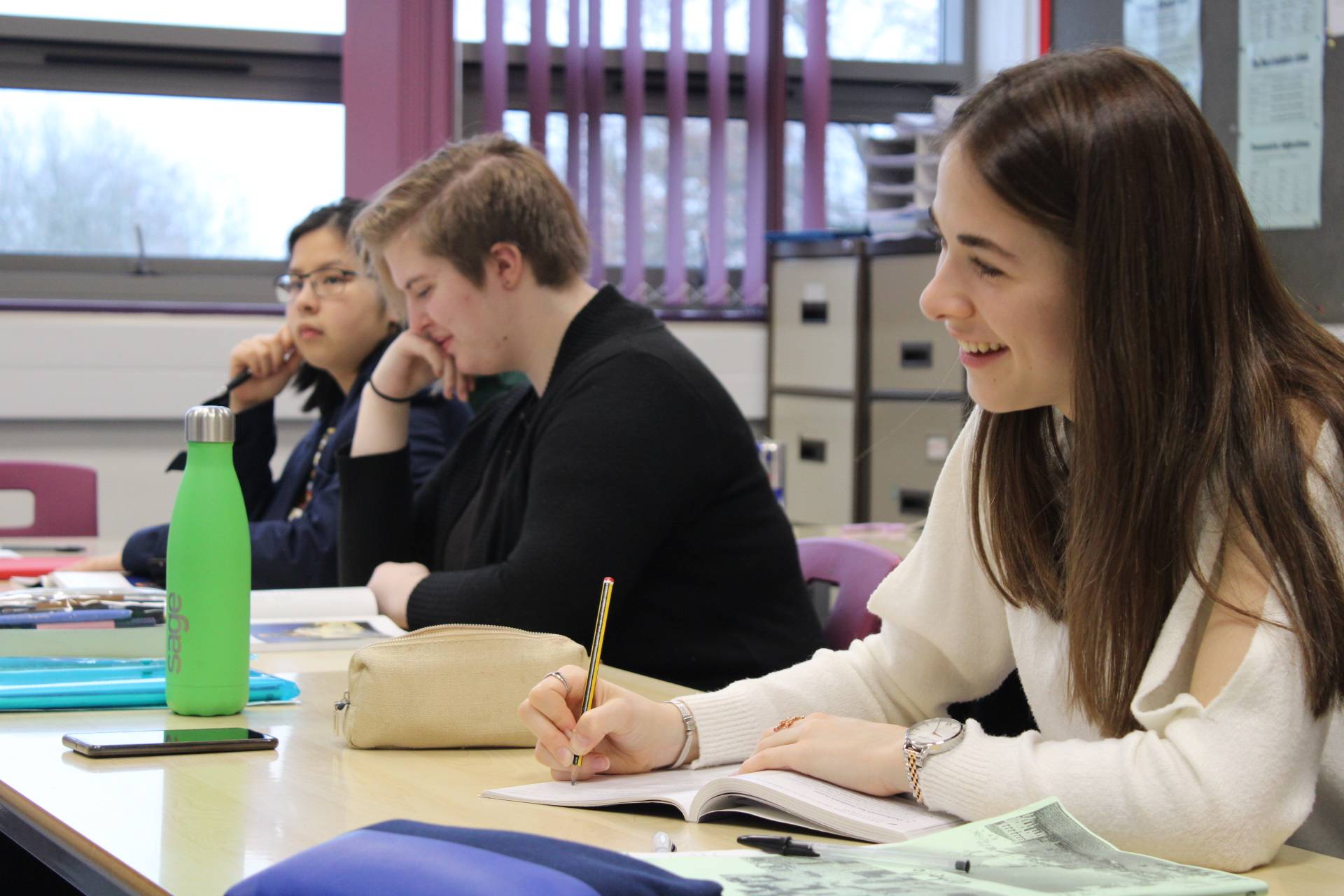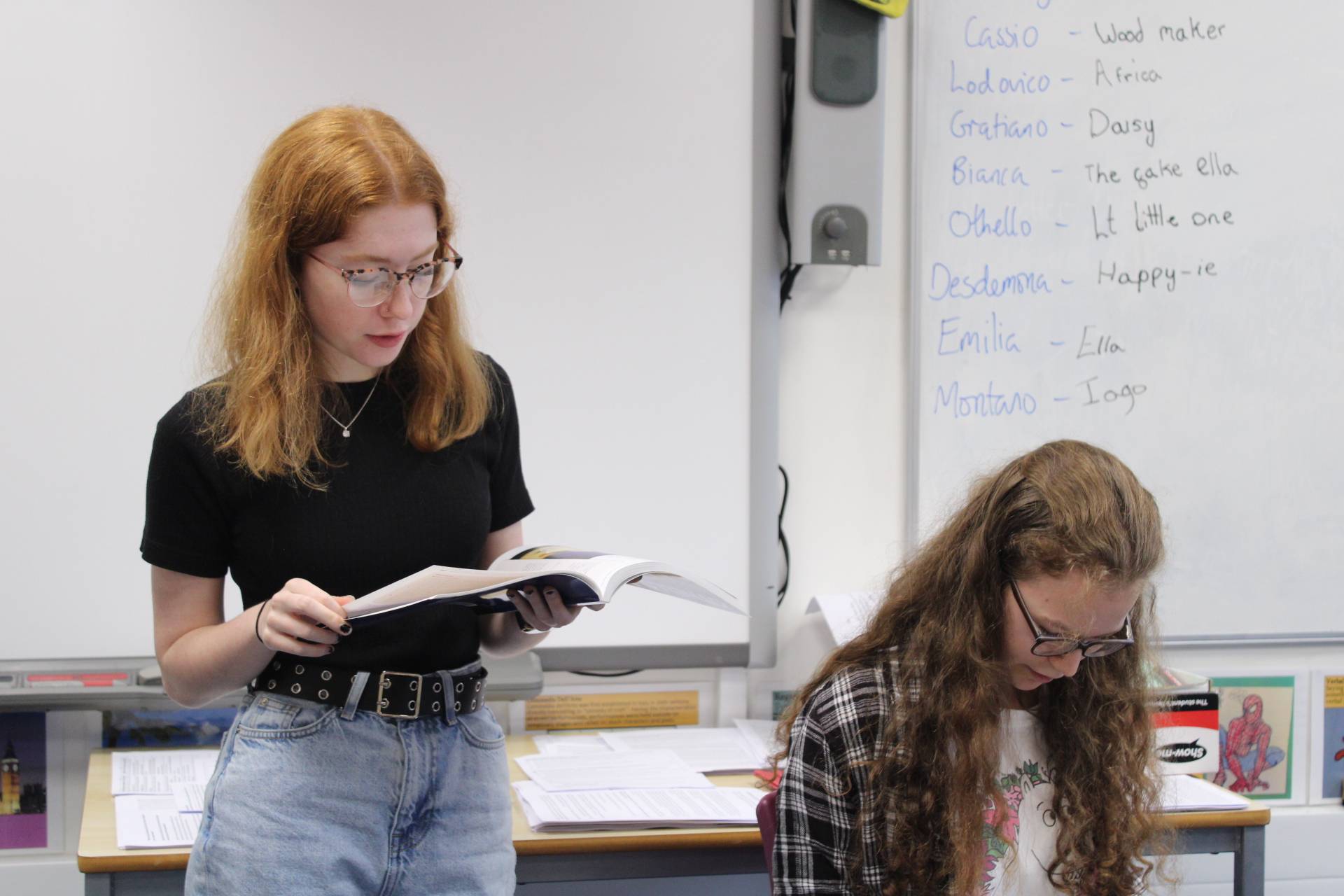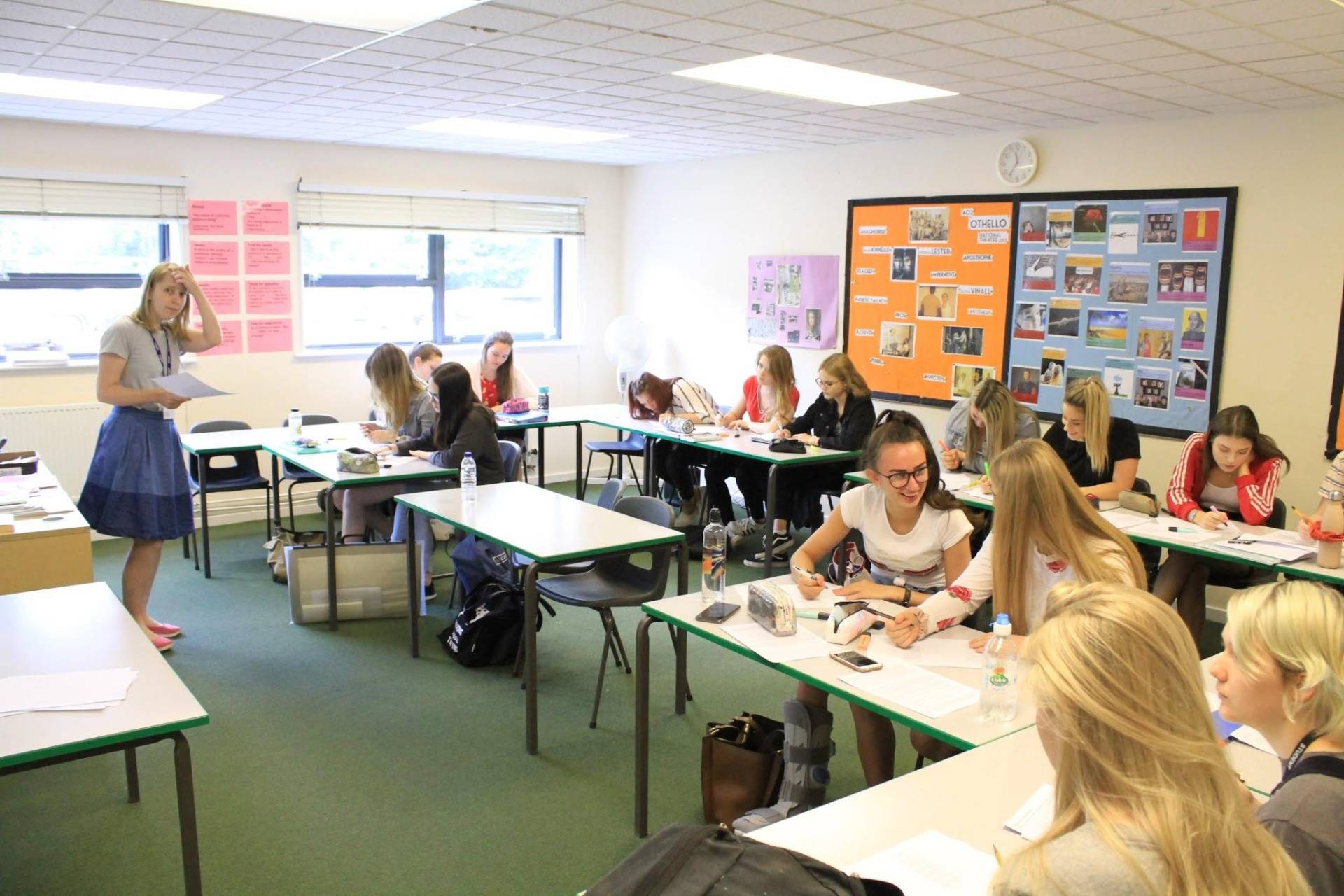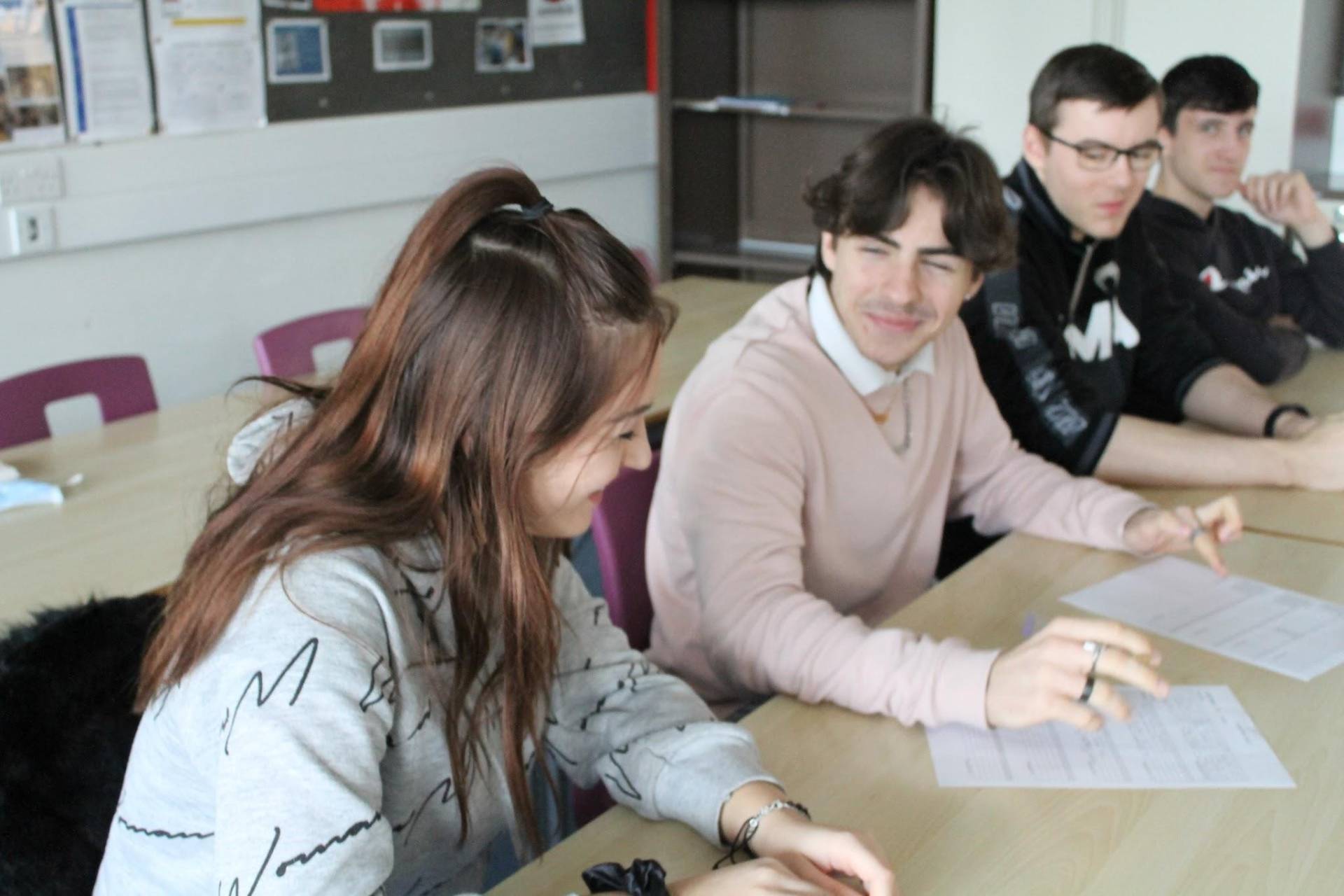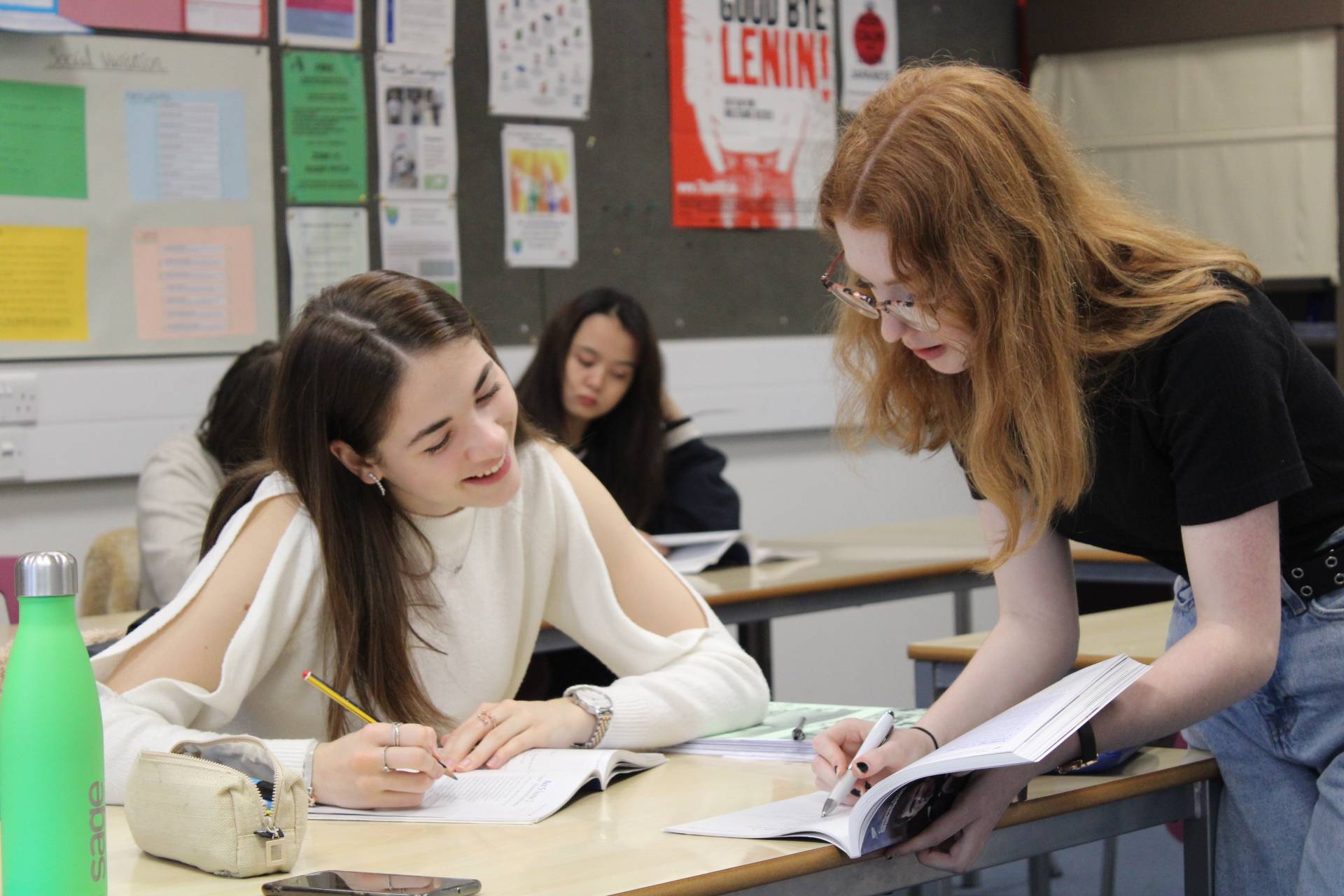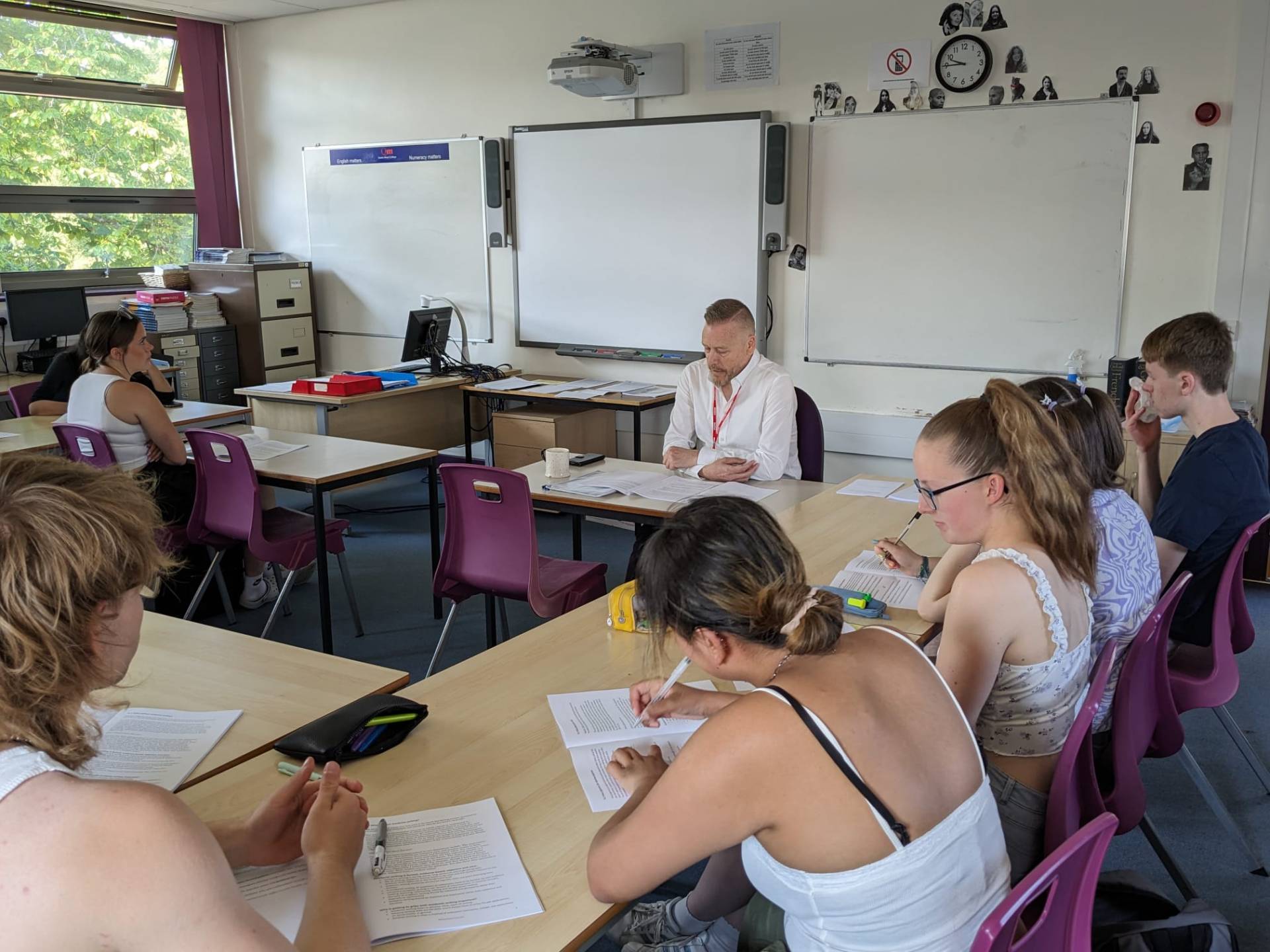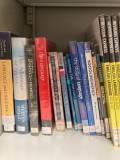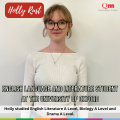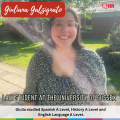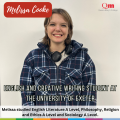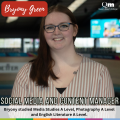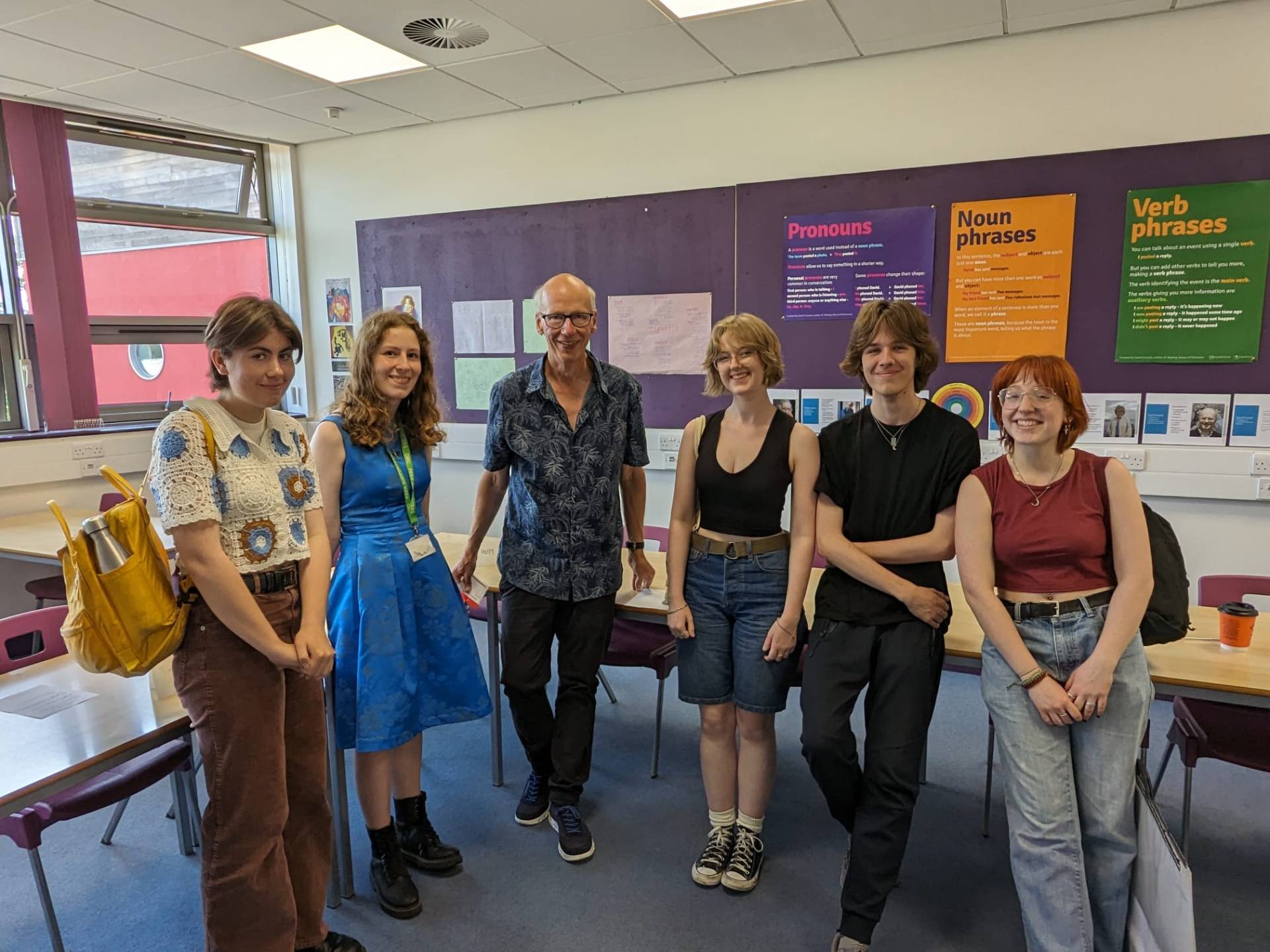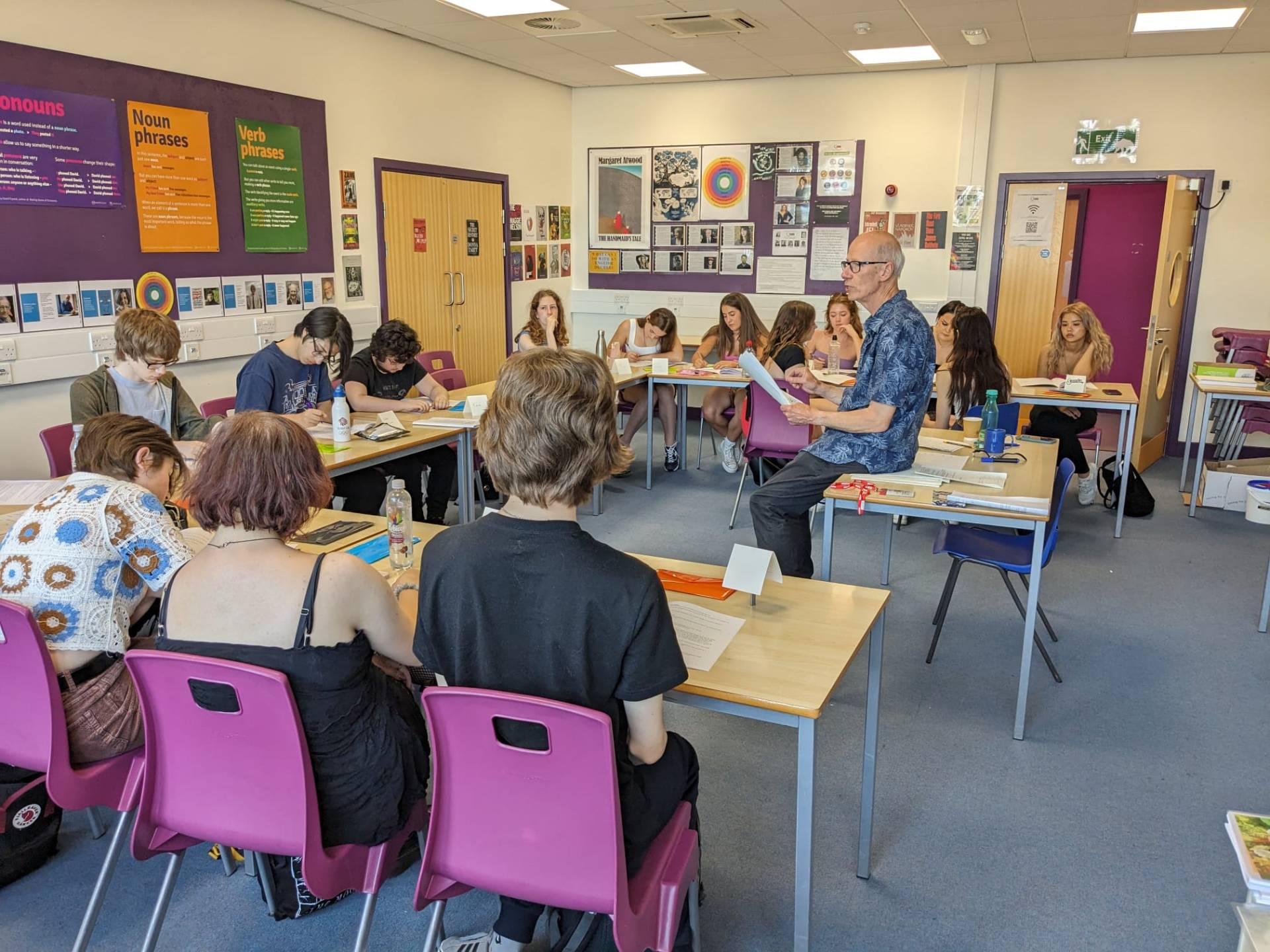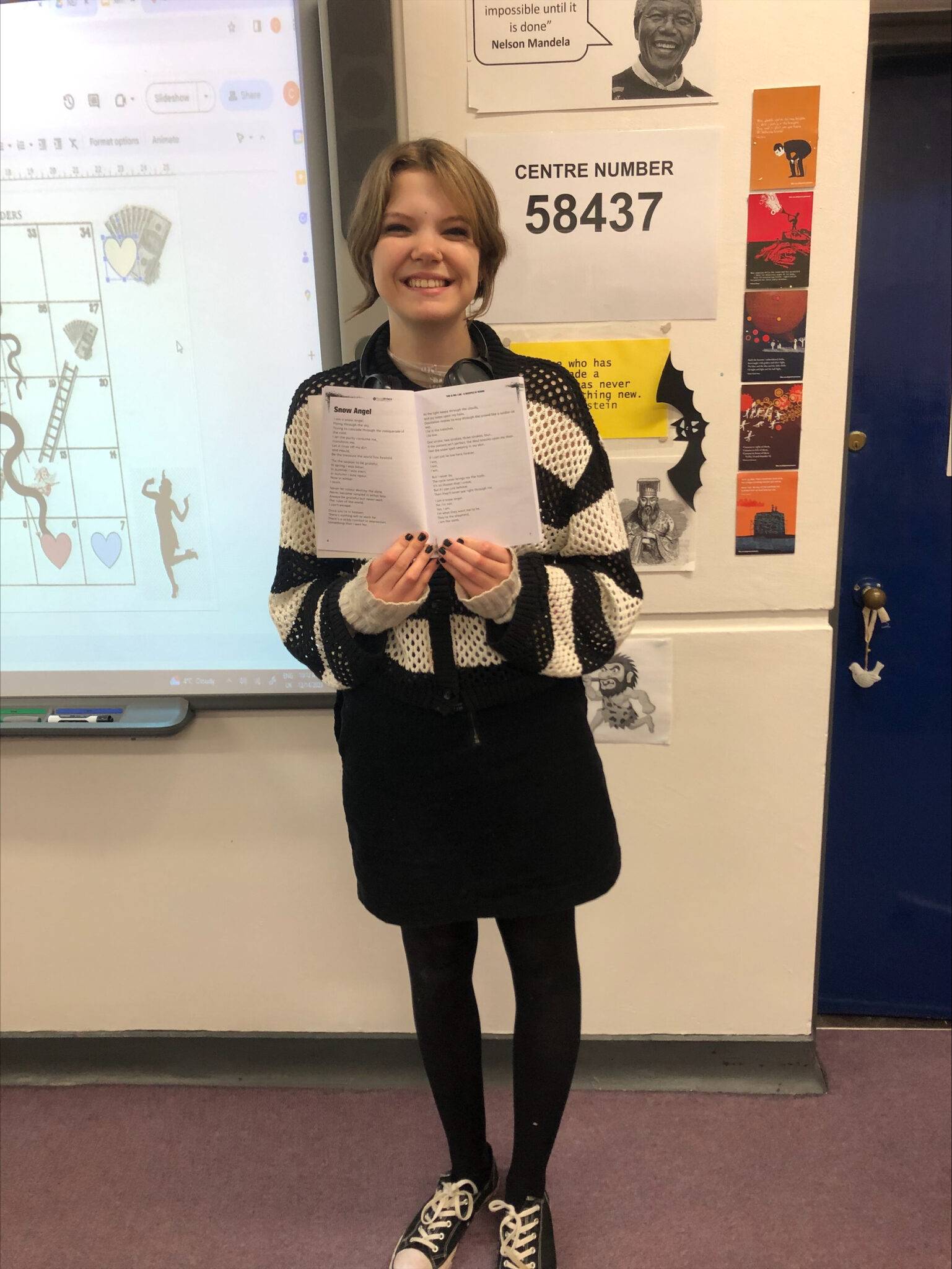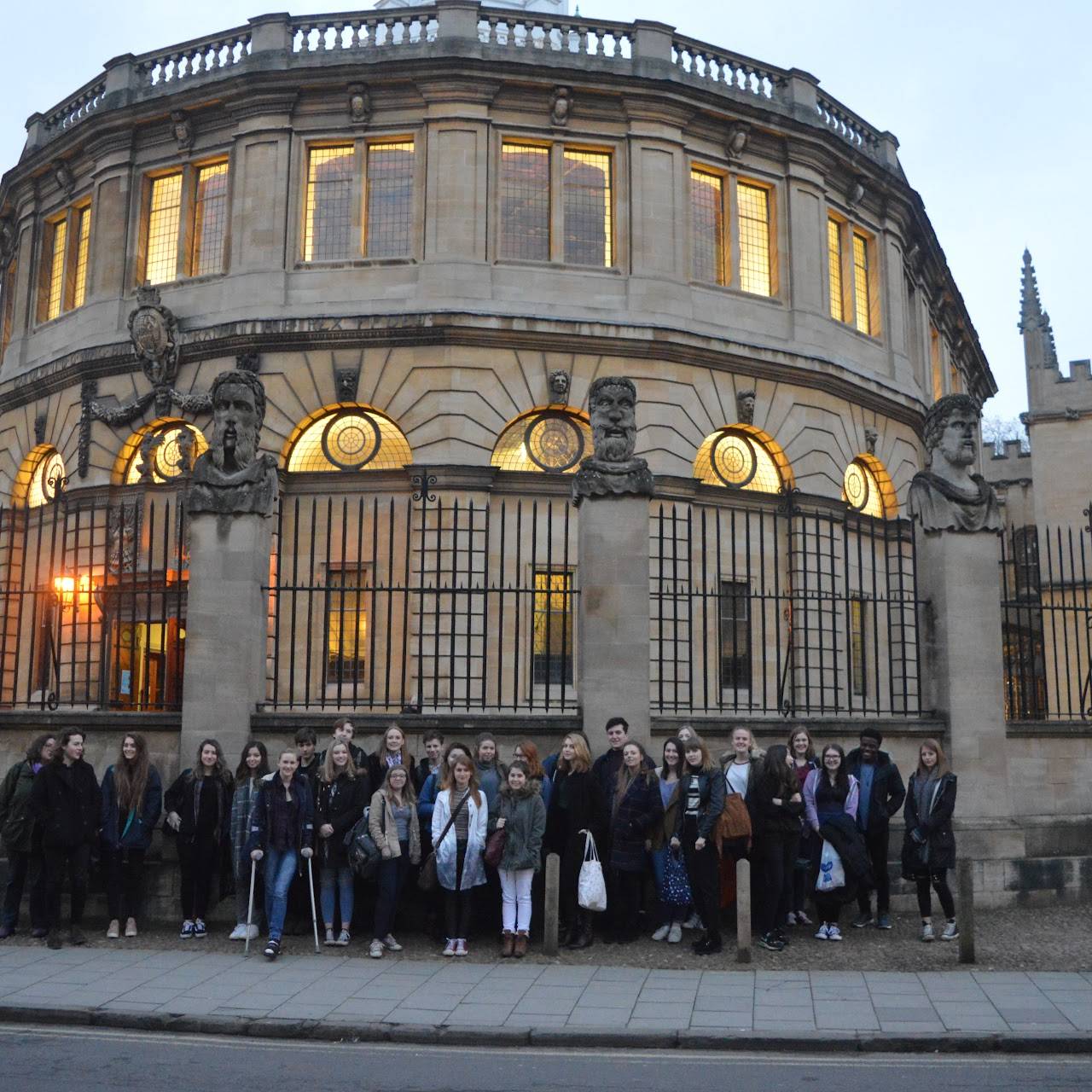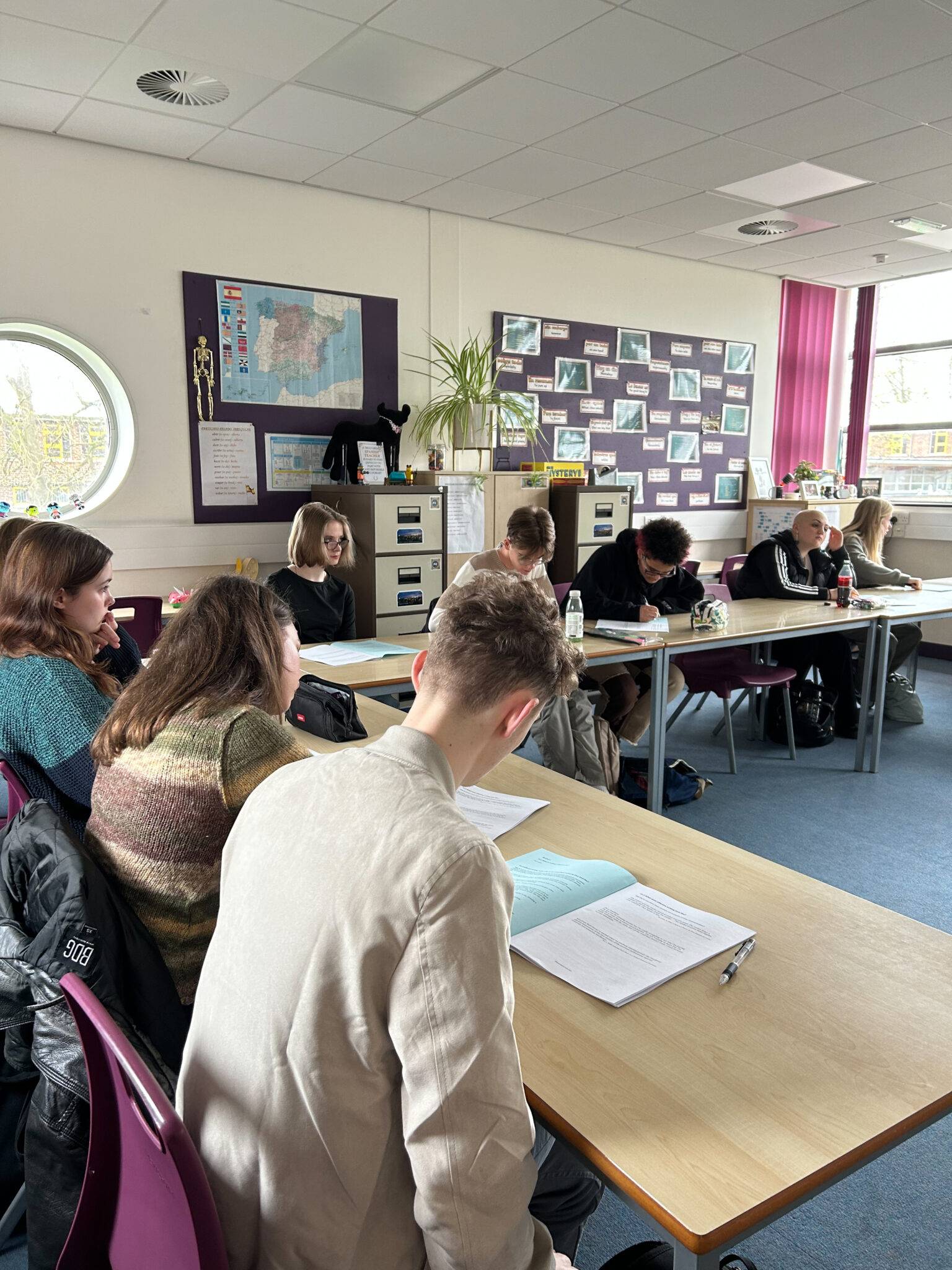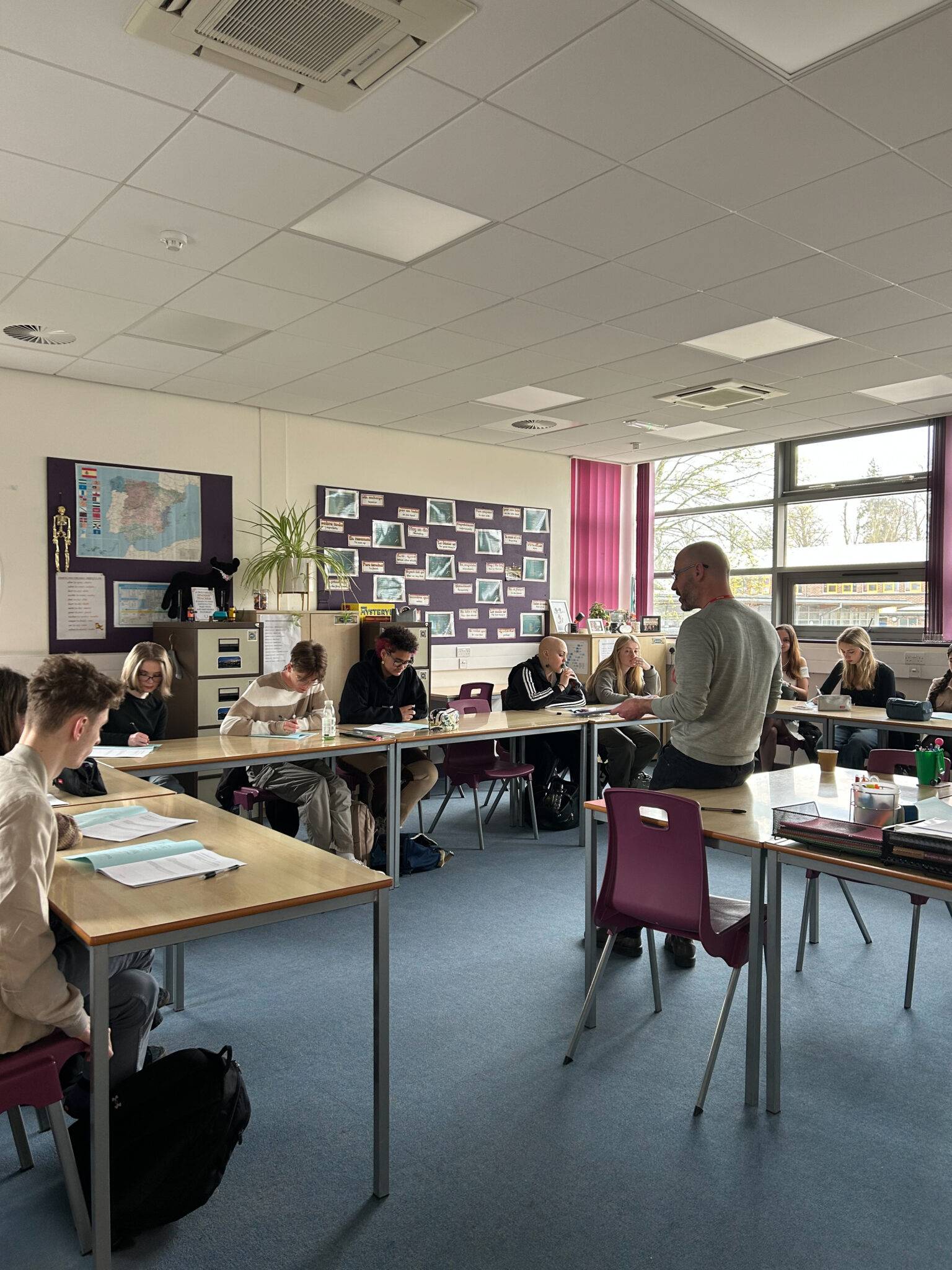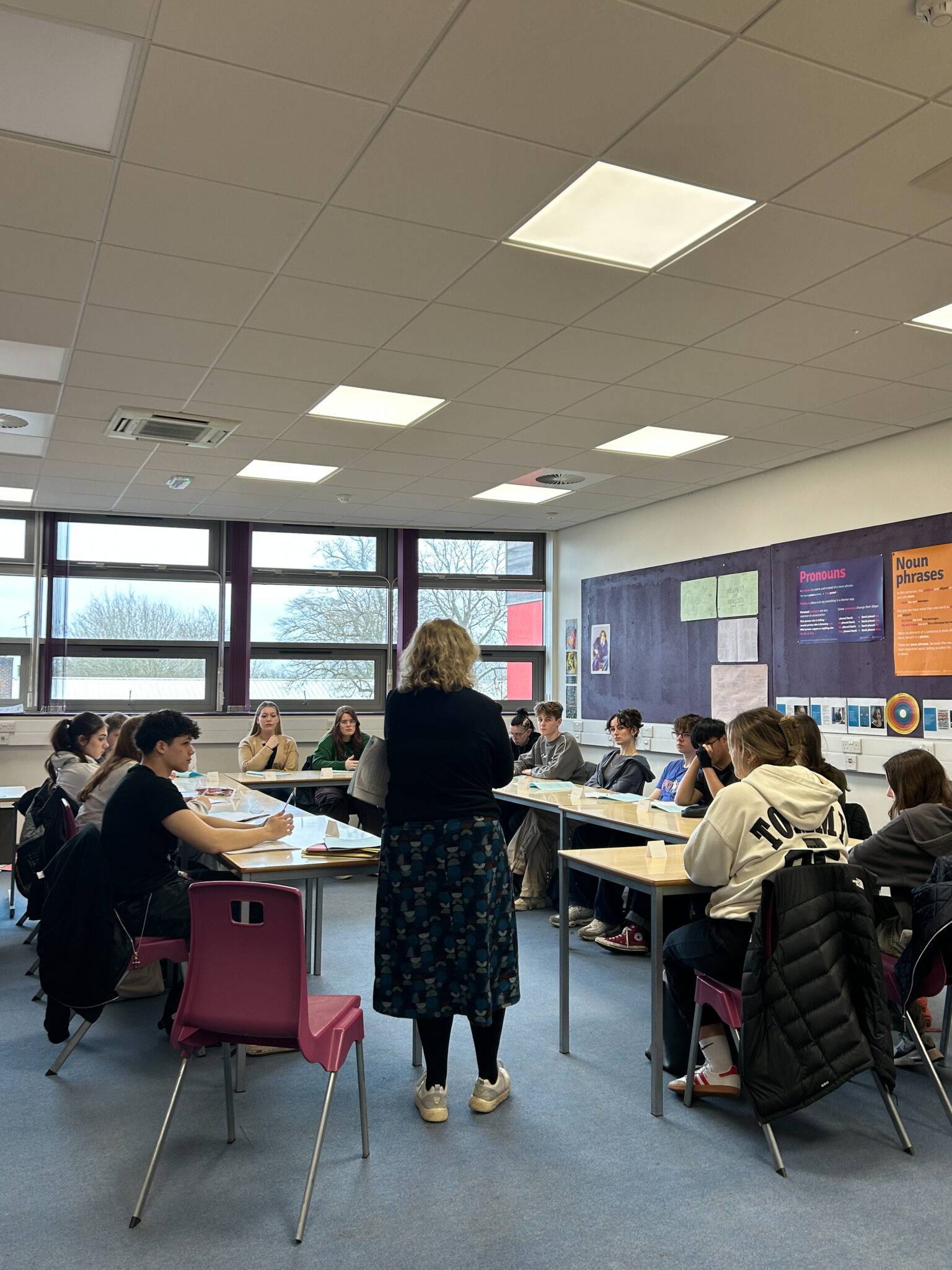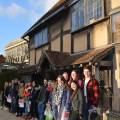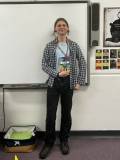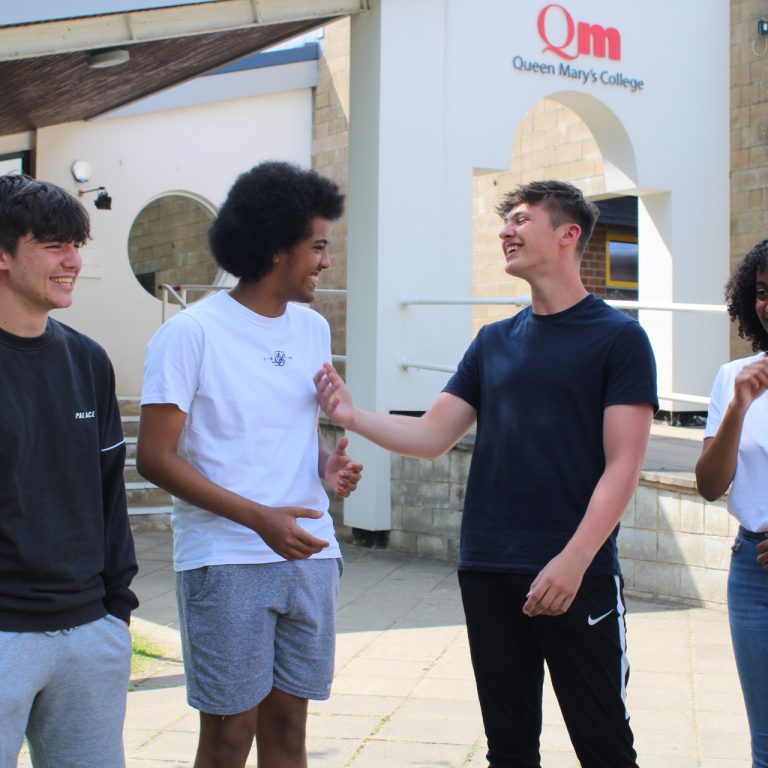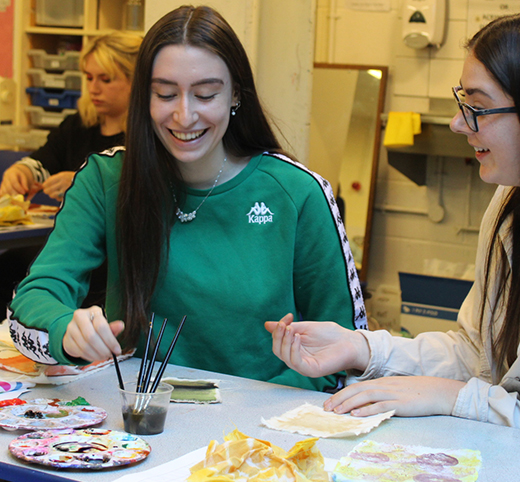Our passionate team of dedicated teachers will guide you through a range of contemporary and classic texts or fascinating research and case studies. This will help you to develop expertise and build on your previous success at GCSE. Through lessons, clinics, enrichments, workshops and trips, English students at Queen Mary’s College are shown how to read, analyse and write about this rich heritage.
English Literature A Level
Where can this course take me?
English Literature A Level is highly regarded by universities as a facilitating subject and by employers as evidence of high level analytical and creative skills.
This course is all about communication – how writers communicate with us and how we communicate ideas about what we read, both in writing (essays) and orally through discussion. The expertise in communication that you will develop through this course is transferrable for a wide range of jobs and careers. This is also an extremely useful skill for studying any subject at university, so universities value this A Level even if you are not going on to study for an English degree. English Literature is one of the 8 subjects on the Russell Group Universities’ list of ‘facilitating subjects’ (i.e. desirable subjects).
Extra-Curricular Enrichment Opportunities
As an English students at QMC, there are a wide range of enrichments available to you. See the following list:
Creative Writing – This enrichment course is an opportunity for people who write stories, poems, plays, TV scripts etc. to develop their skills and to learn more about the craft of writing. Students must be prepared to write in a variety of genres and to share their work with each other.
Debating Society – Although this is not strictly speaking an English enrichment, the ability to debate and form arguments is a very useful skill to learn. The debating society run in-house student-led debates and participation in Hampshire events.
Further English – This is an extension course to broaden your understanding of the canon of English Literature and to enable you to put your set texts in their literary and cultural context. You will look at a broad range of Literature written over the last ten centuries. There is no homework or formal assessment for this course but you will be expected to undertake additional reading.
Reading Group – This is a monthly book group run by the Library. You will have the opportunity to read and discuss a range of books. This will improve your analytical skills and develop your ability to discuss texts.
Other enrichments that complements this course also include Dead Poets’ Society, Guide to teaching English as a Foreign Language and Playwriting.
View more enrichment opportunities here.
Frequently Asked Questions
What is the difference between the different English A Levels?
-
English Language studies society through its use of language: how advertisers use language to sell products, how journalists use it to present the news, how babies learn it, how other countries learn it, how your gender or your job or your hometown shape how you use it.
-
English Literature is studying books, plays and poetry in detail. We also look at the context – what influenced the writer or poet as they were working on this? What inspired Oscar Wilde, or F. Scott Fitzgerald, or Philip Larkin?
-
English Language and Literature looks at how writers create their voices. The course looks at books, plays, speeches, letters, poems, opinion articles and digital texts, covering how a writer changes their style in fiction and non-fiction.
- English Language A Level covers non-fiction, English Literature A Level only encompasses fiction, and English Language and Literature includes the study of both.
What sort of work is involved outside of lessons?
- Further reading is always encouraged – the most successful students are the ones who read around the course texts, and teachers will recommend books or writers if a student wishes to take it further. Homework will be set to encourage your critical thinking and help develop your essay writing skills.
What are the differences in coursework between the English A Levels?
- English Language has two parts – creative writing, and researching an aspect of language you’re interested in.
-
English Literature has one part – an essay comparing the final two texts on the course.
-
English Language and Literature has two parts – both creative writing, one fiction and one non-fiction.
What examination board is English under?
- English Language A Level at QMC is taught with the AQA specification.
- English Literature A Level and English Language and Literature A Level at WMC is taught with the Pearson/Edexcel specification.


